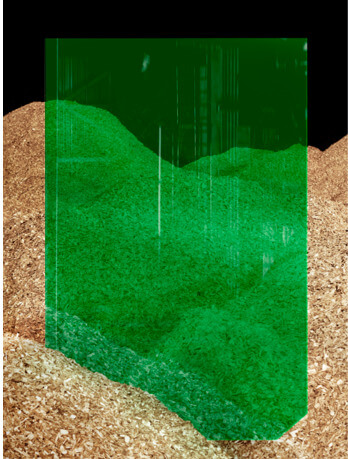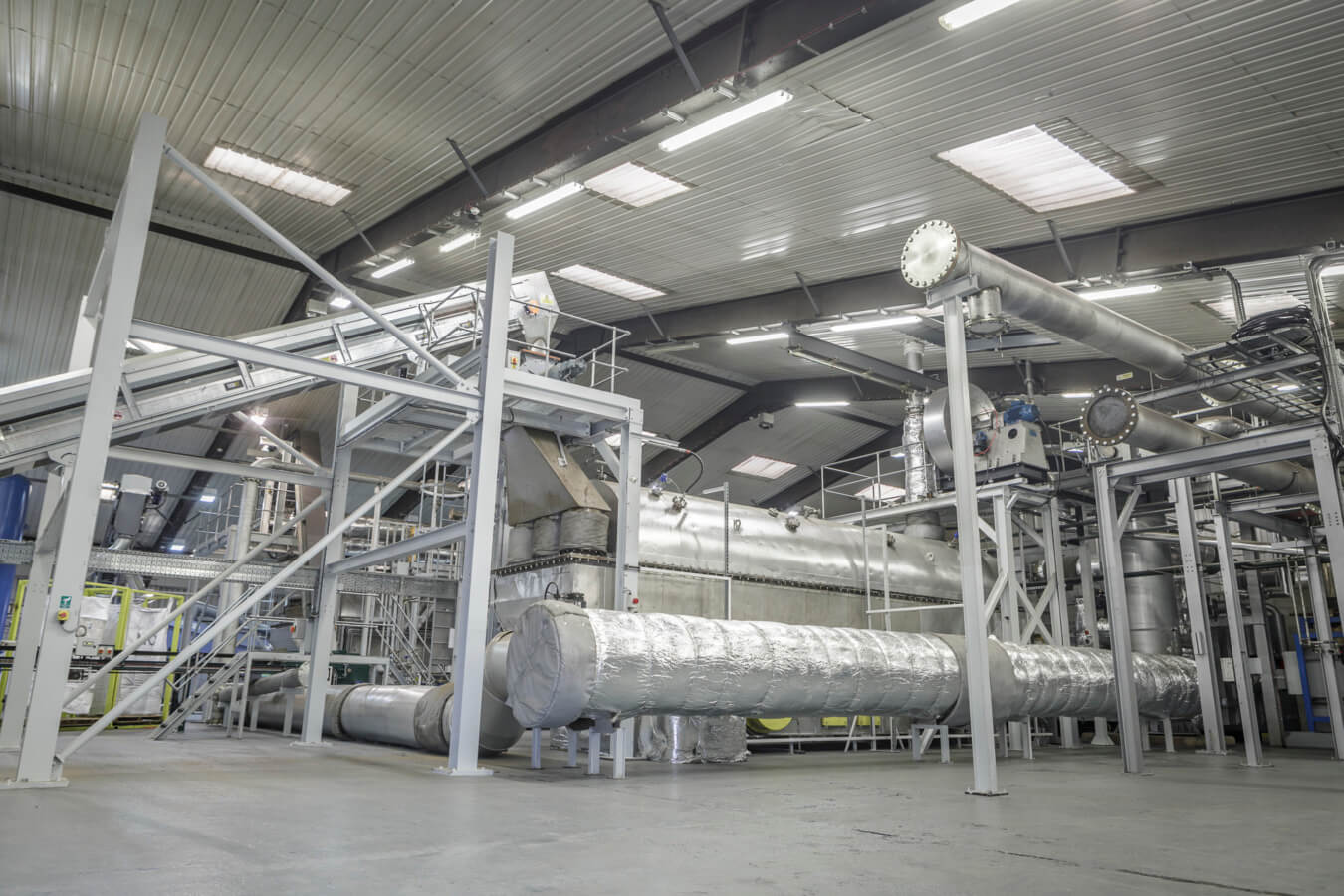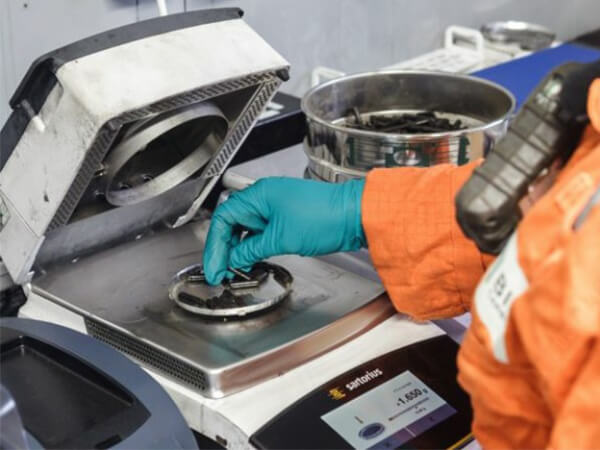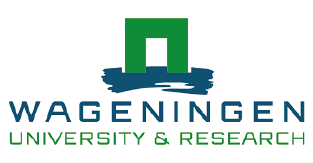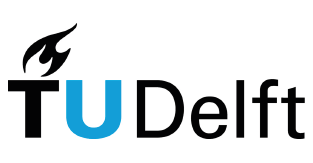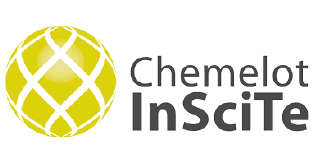Together with universities in the Netherlands and the UK, we are conducting groundbreaking research into carbon technologies, such as carbonisation and gasification. These technologies have the potential to play a key role in our journey towards a circular, fossil-free economy.
Perpetual Next has developed blueprints for production facilities that convert organic waste streams of the lowest quality into the highest application. These low-quality waste streams normally release the captured carbon and end up in our atmosphere. Our production facilities convert this waste into high-quality products that can replace fossil products for our manufacturing industry. In this way, we support the raw materials transition.
